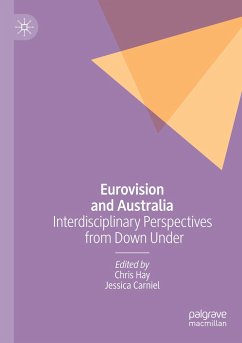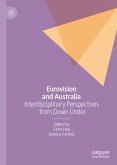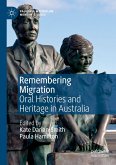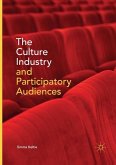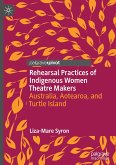This book investigates Australia's relationship with the Eurovision Song Contest over time and place, from its first screening on SBS in 1983 to Australia's inaugural national selection in 2019. Beginning with an overview of Australia's Eurovision history, the contributions explore the contest's role in Australian political participation and international relations; its significance for Australia's diverse communities, including migrants and the LGBTQIA+ community; racialised and gendered representations of Australianness; changing ideas of liveness in watching the event; and a reflection on teaching Australia's first undergraduate course dedicated to the Eurovision Song Contest. The collection brings together a group of scholar-fans from a variety of interdisciplinary perspectives - including history, politics, cultural studies, performance studies, and musicology - to explore Australia's transition from observer to participant in the first thirty-six years of its love affair with the Eurovision Song Contest.
Bitte wählen Sie Ihr Anliegen aus.
Rechnungen
Retourenschein anfordern
Bestellstatus
Storno

